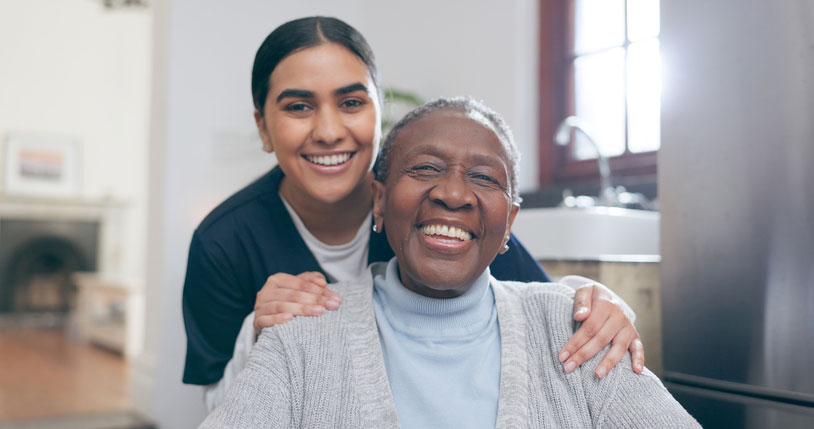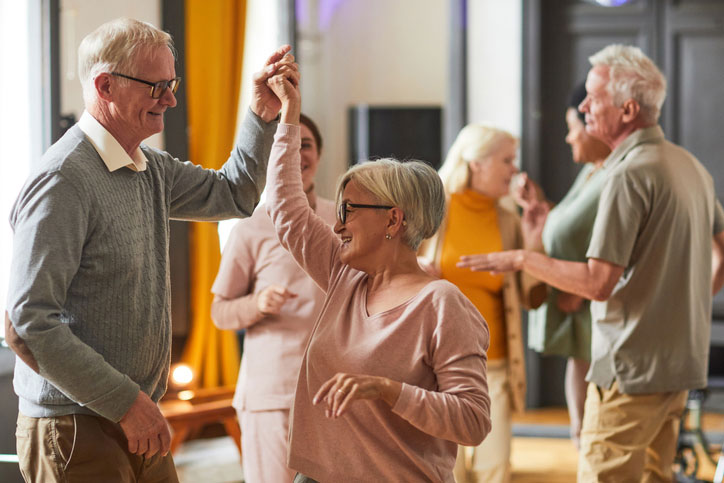Written by Scott Wilson

Age is the great mystery that everyone is destined to explore.
It’s a privilege and a challenge to grow old. And in New York City, it can be especially difficult when having to manage everything from shopping trips to doctor’s appointments without a car. In a society where it sometimes seems as if the elderly are unseen, the city can make them feel downright invisible. And outside the city where you have to travel miles between any two points, indigent elderly have a whole other set of challenges to deal with.
This means geriatric social work is an area where New York LMSWs and LCSWs can have a big impact.
Social work that serves older adults can be remarkably rewarding.
Aging bodies and minds share some similarities to those on the other end of the human lifespan. Yet the physical frailty and diminishing mental acuity come after decades of experience and learned wisdom that makes working with the elderly both tough and joyful.
This is a field of social work practice that is only going to grow over the coming decades. The march of time has come to New York’s Baby Boomers, who now comprise 18 percent of the state’s total population according to a report from the Center for an Urban Future. That’s a 31 percent increase over the past decade.
Some parts of the state are particularly affected, like Oswego county, where the number of older immigrants has doubled in the last ten years.
One-third of the over-65 population in New York State is part of an underrepresented minority group, and many live in poverty.
Social workers in every corner of New York State are going to be needed in gerontology practice. And they will need the right education to get there.
What Do Gerontology Social Workers in New York Do?
Social workers specialized in gerontological practice focus on the various challenges and issues of autonomy, health, dignity, and well-being that come later in life.
They typically have extra training in the cognitive, psychological, and physiological processes of aging to better understand their clients. They will be familiar with common diseases and disabilities, and aware of the risk factors that come into play for the elderly… falls, social disconnection, hearing loss, and other factors that play a major role in losing quality of life at a certain age.
That makes healthcare and lining up healthcare services a major part of gerontology social work practice. Keeping the elderly in good shape is maybe the biggest part of ensuring their quality of life stays as high as possible for as long as possible.
Social work roles in gerontology and aging can also involve macro work performing advocacy for human services and funding aimed at supporting older populations.
While the exact nature of the tasks depend a lot on the setting, most social workers dealing with older populations have a responsibility to:
- Assess and document capabilities and living conditions for older adults
- Develop individualized therapy and care plans to meet the needs of elderly patients
- Coordinate with other providers, communicate with families, and make referrals for more specialized care and support
- Deliver direct counseling for mental health issues
- Perform crisis intervention to handle immediate needs
An important part of the job is simply listening to patients and making sure they feel recognized and respected even as their independence and abilities diminish.
Psychotherapeutic social work practice can help aging seniors in adjusting to their circumstances. It can also be an important part of coping with various mental health issues more common among seniors, like dementia and depression.
Finally, gerontology social workers spend a lot of time working with families of older adults. With the right advice and referrals to appropriate services, New Yorkers taking on the challenge for caring for aging parents or grandparents can feel more assured and more comfortable with the role.
In New York, MSW Degrees in Aging & Gerontology Can Lead You Into Many Kinds of Social Work Practice

The extra training gerontology social workers need in dealing with older populations typically happens as part of their college studies.
Most roles specializing in gerontological social work are clinical in nature. The direct client contact and counseling that involves means you will follow the standard process to become a licensed social worker in New York, first earning an MSW to qualify for LMSW (Licensed Master Social Worker) licensure, and eventually the LCSW (Licensed Clinical Social Worker) license.
There are many programs in New York that offer MSW concentrations specific to working with older adults. You’ll get the right preparation by earning a Master of Social Work with Aging specialization, an MSW in Gerontology, or an MSW with a Focus on The Aging Population or Gerontology & Palliative Care.
Any one of these concentrations would develop your practical skills in this area of practice with classes covering:
- Social Welfare Policy in Aging
- Human Development and the Aging Process
- Interpersonal Work with Older Adults and Their Families
Experiential placements will also happen in venues around New York that routinely deal directly with gerontological social work, such as community centers, hospice settings, or long-term care facilities.
Gerontology social work overlaps with several other practice areas. By the very nature of the issues they focus on, social workers in medicine, hospice, and long-term care and rehabilitation are also mostly dealing with older adults from day to day. There are also unique challenges that come with serving the needs of an intersectional population like the elderly, who are often also military veterans, unhoused people, and recent immigrants. With the right combination of coursework, specializations in those areas may apply to gerontological practice, too.
Professional Certifications Benefit Geriatric Social Workers in the New York Workforce
Geriatric social work in practice is unique and complex enough that it can be hard to evaluate real expertise in the field. Fortunately, the National Association of Social Workers (NASW) helps out both experts and employers by offering three national certifications in the specialty.
The most basic cert, the SW-G, or Social Worker in Gerontology, doesn’t get much play in New York since it’s aimed at BSW graduates, who have no path to licensure here.
The Advanced Social Worker in Gerontology (ASW-G) may be a better fit here. It requires:
- An MSW from a CSWE accredited university
- Twenty contact hours of continuing education specific to gerontology social work practice
- At least two years of post-graduate experience in a paying position working in gerontology
- Current state licensure as an LMSW or LCSW
- Following the NASW Code of Ethics and continuing education standards
There’s also a Clinical Social Worker in Gerontology (CSW-G) certification for advanced clinical practice with older adults. The qualifications are similar to those for the ASW-G, but require 30 hours of continuing education specific to bio-psychosocial issues or other clinical elements of gerontological practice. It’s also only open to LCSWs in New York, since current clinical licensure is required.
You can learn more about certifications for social workers with our dedicated guide.
Who in New York is Hiring Geriatric Social Workers?

One consistent aspect of geriatric social work is that you will more often be visiting clients in their homes than having them come to you.
Both mobility issues and cultural hesitation to seek help means that outreach is key. That might mean knocking on doors among ancient brownstones in Brooklyn or pushing the bounds of your cell phone coverage while driving down country lanes to remote homes in St. Lawrence.
Other gerontological social workers will be based in retirement communities, hospitals, or rehabilitation facilities where older adults make up most of the population.
The organizations that focus on these services are often private or non-profit corporations focused on healthcare social work more broadly. And there are plenty of community centers, food banks, and other charity organizations that either focus on or offer a specific set of services to older residents of New York State.
The social worker job titles at these kinds of organizations that you’ll find listed on job boards often simply show up as Social Worker, Licensed Master Social Worker, or Geriatric Social Worker.
A set of intersectional qualifications and skills will also come in handy when working in New York. For example, to deal with that expanding population of older immigrants, bilingual skills are in high demand today. And anyone working in a healthcare or palliative care setting will benefit from experience or training in medical environments.
With rising numbers of older Americans in pretty much every racial and socio-economic category, the field of geriatric social work is guaranteed to see strong growth in New York for the foreseeable future.
